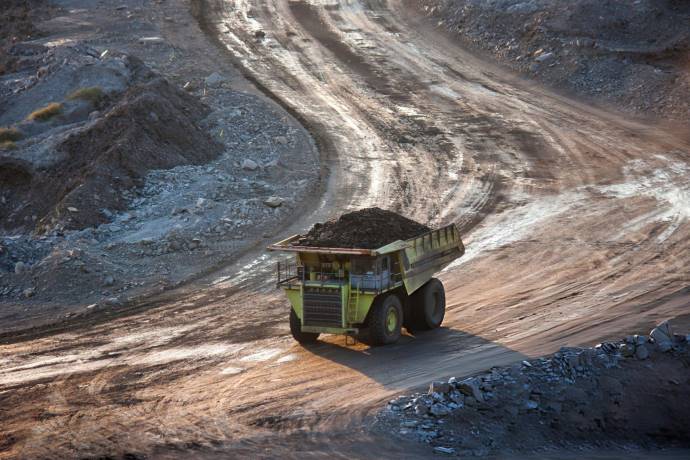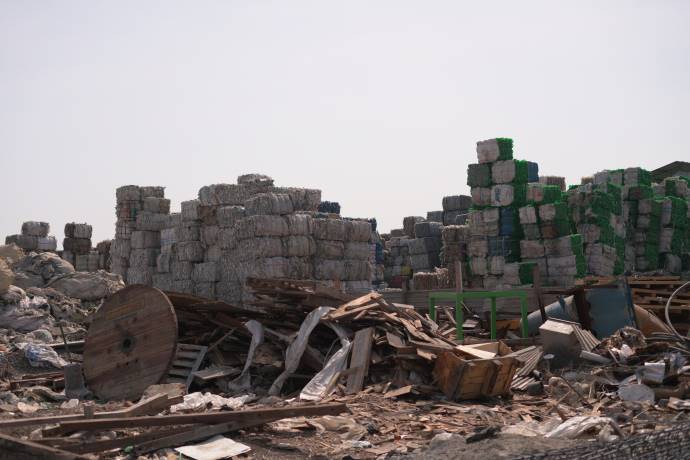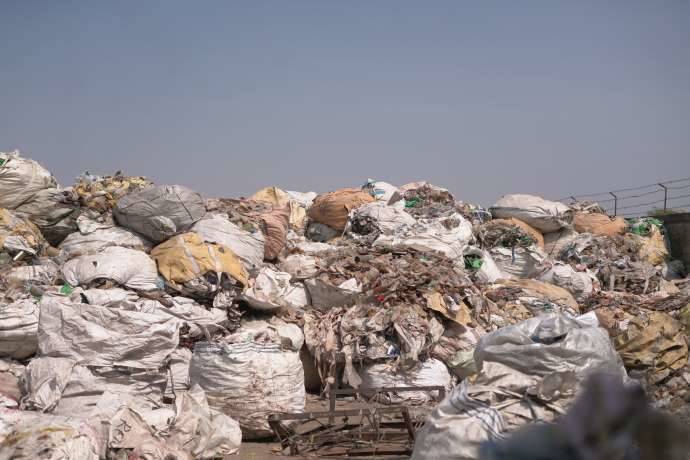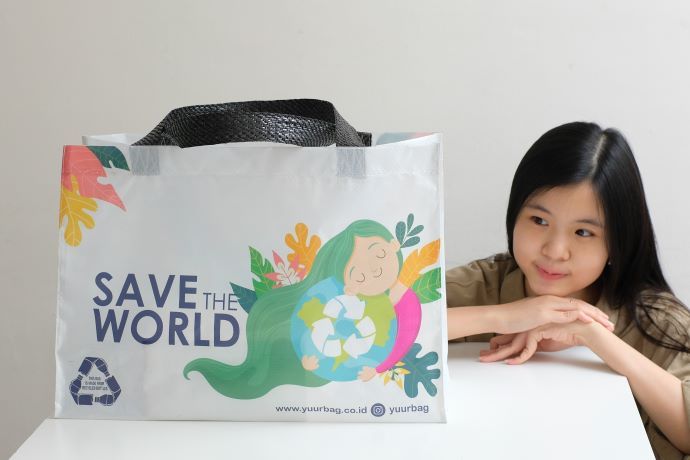Recycled PP Granules: 5 Things to Check Before You Buy
Key Takeaways:
- Quality & purity define whether recycled PP granules can meet your production needs
- Mechanical properties such as tensile strength, impact resistance, and MFI should always be verified with lab tests.
- Processing conditions (temperature, screw speed, drying) must be carefully managed to prevent degradation.
- Supply consistency and a reliable supplier relationship ensure stable production and pricing.
- Cost-effectiveness comes from balancing resin price with additional processing and QA requirements.
Recycled polypropylene (PP) granules are becoming a standard choice for manufacturers who want cost savings and sustainability. But not all rPP is created equal.
Depending on the feedstock source, recycling process, and quality control, you may face issues like inconsistent batches, poor mechanical performance, or regulatory non-compliance.
This guide covers the 5 essential things to check before buying recycled PP granules — from lab testing and specs to procurement, pricing, and supplier audits.
1. Quality and Purity
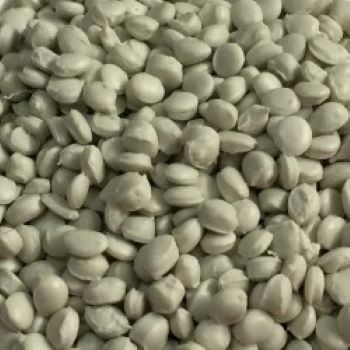
Purity determines whether rPP will perform as expected. Impurities can cause defects, odors, discoloration, and processing problems.
What to check:
- Contaminants: Look out for metals, other polymers (like PE), or organic residues.
- MFI (ASTM D1238) — shows melt flow and processability.
- FTIR — identifies unwanted polymers.
- DSC — checks thermal history.
- Moisture content — should be ≤0.1–0.2% after drying.
- Ash content — ideally below 0.5–1%.
- Odor & color: Essential for consumer-facing applications.
- Regulatory compliance: For food contact or medical, confirm supplier has FDA/EU migration test data.
2. Mechanical Properties
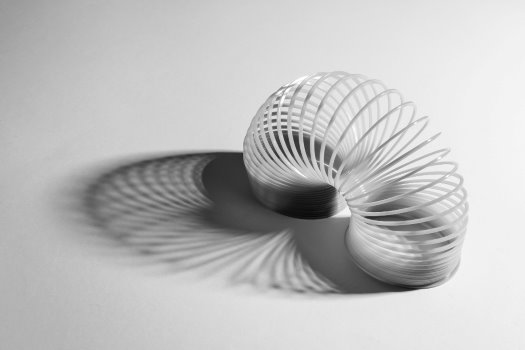
Recycled PP often loses some strength compared to virgin resin. You need to confirm the mechanical properties match your product requirements.
Critical properties:
- Tensile strength (ASTM D638): May be 10–20% lower than virgin PP.
- Impact resistance: Often reduced but can be improved with additives or blending.
- Flexibility & elasticity (ASTM D790): May vary by batch — check consistently.
- Consistency across lots: Ask about feedstock uniformity and batch testing.
Also Read : Blending Virgin & Recycled Polypropylene - Best Practices
3. Processing Conditions
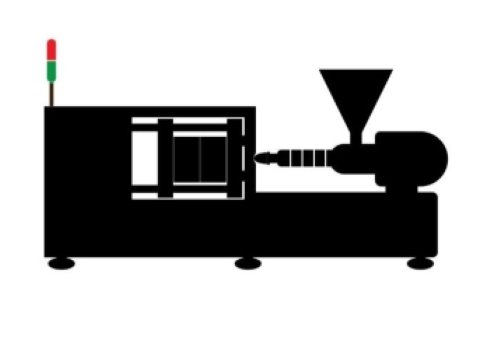
Recycled PP granules often need tighter process control than virgin resin.
Key parameters to manage:
- Melting temperature: ~160–170°C, but impurities can shift this.
- Extrusion profile: Example — Feed zone 160°C, Compression 180°C, Metering 200°C.
- Screw speed: 50–100 RPM — balance mixing vs. shear degradation.
- Pressure control: Prevents voids, poor surface finish, or inconsistent parts.
- Drying: Pre-dry at 80–100°C for 2–4 hours.
- Additives: Stabilizers and compatibilizers may be needed for durability and blending.
Also Read : Our PP Recycling Process | Langgeng Jaya Group
4. Supply Consistency
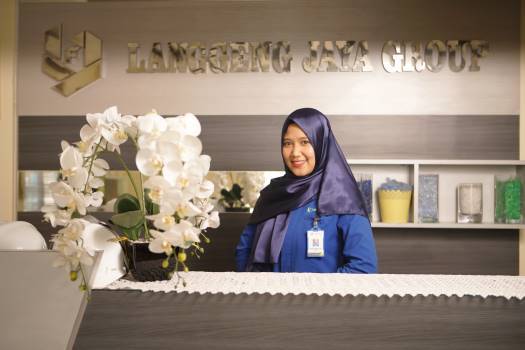
Even the best resin won’t help if your supply is unreliable.
Checklist for supply stability:
- Supplier’s monthly capacity and backup plans.
- Feedstock sourcing transparency (PCR vs PIR).
- Quality control system — does every batch get tested?
- Long-term contract options to lock in pricing.
For more information on their recycled PP granules, you can visit Langgeng Jaya Group’s Recycled PP Granules Product Page.
Also Read: How to Switch from Virgin to Recycled Polypropylene
5. Cost-effectiveness

Yes, recycled PP granules are usually cheaper than virgin PP — but the total cost goes beyond the price per kilo.
Factors to include in your cost analysis:
- Base resin price (typically 10–30% lower than virgin).
- Additive costs — stabilizers, compatibilizers.
- Processing adjustments — slower cycles, tighter controls.
- Scrap/rework rate — often higher with inconsistent lots.
- Testing and certification costs.
Also Read: Virgin vs Recycled Polypropylene - What You Need to Know
Conclusion :
Recycled PP granules can help you save costs and meet sustainability targets — but only if you choose wisely.
By checking purity, mechanical properties, processing needs, supply stability, and total cost, you’ll avoid surprises and ensure consistent production.
Langgeng Jaya Group offers high-quality recycled PP granules with proven consistency and strong QA. Visit our Recycled PP Granules Product Page.
